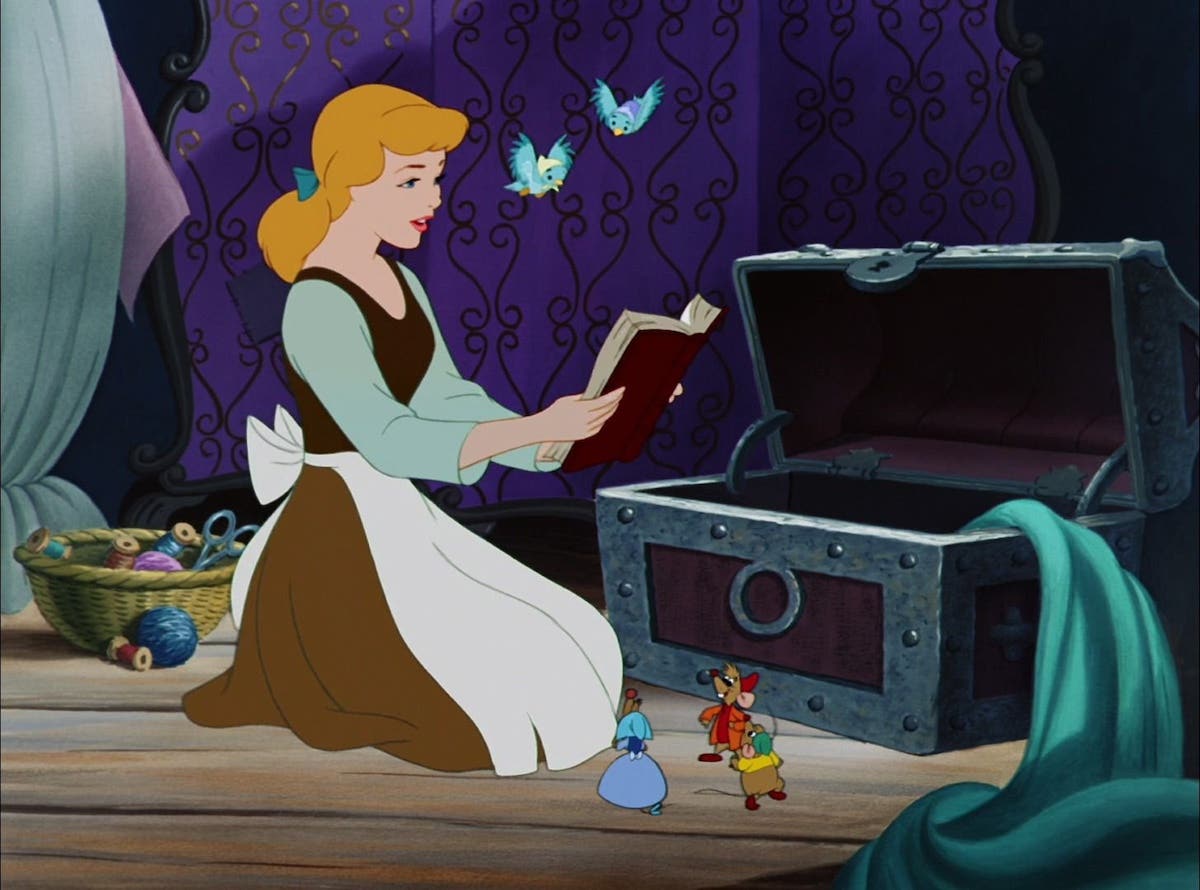Writers’ Room 101: Teamwork – There’s No “I” in “Staff”
TV writer Eric Haywood explains why there’s no “I” in “staff” in today’s “Writers’ Room 101.” It’s all about teamwork.
Chances are, you’re probably unfamiliar with the old expression "There’s no I in staff."
That’s because I just made it up.
But still…it’s true (Okay, technically, there are two I’s in “writing staff,” but let’s not nit-pick. I’m still new at this blogging thing).
Here’s the point: writing is a solitary endeavor. Writers spend lots of time in self-imposed isolation from the world (even in a crowded room or coffee shop), accompanied only by our preferred writing instrument: computer, tablet, legal pad, spiral notebook, or cocktail napkin. The solitude of writing is part of what we love about it. As a result, writers tend to be introverts. We’re always up in our own heads, either thinking up new ideas, or revisiting old ones, or trying to figure out how to solve some story problem that’s been bugging us. It’s a very internal process. And we like it that way.
But once you’re on a writing staff, that has to change. You’re now part of a team, and since there’s no way for a room full of of quiet introverts to read each others’ minds, some adjustments will have to be made to your creative process.
The first and most important part of understanding what There's no "I" in "staff" means is this: you have to embrace the teamwork aspect of it. You have to learn to love it. You can’t go dragging your feet into the writers’ room every day because you’re “really more of a solo writer.” You can be a lone wolf on your own time, but you must be a team player in the room.
On a similar note, here’s the next critical thing to know about being on any staff: you must fall in love with your show. Literally. You MUST. Otherwise, you’ll always be a detriment to the process of writing that show rather than an asset. I mean, if you’re not an enthusiastic fan of the show, why should anyone in the audience be? So take the plunge. Drink the Kool-Aid. Yes, it’s ultimately the showrunner’s baby, but you’re a part of the show's DNA as well. And loving the show will only inspire you to want to make it the best that it can possibly be.
To be clear, this doesn’t mean that you have to check your objectivity at the writers’ room door. Don’t be so blindly in love with the show that you’re willing to let anything fly. It simply means that you have to find the things you most strongly connect to about the show and latch onto them. Fight for them. If there’s a character in the show that you happen to not like, figure out some aspect of their personality that helps you zero in on their humanity and pitch ideas based around that.
You might even end up writing for a show that’s outside your personal comfort zone altogether. Maybe you’re more of a dark, supernatural thriller kind of writer, but a legal procedural show offered you a job, and you were in no position to turn it down. Your task is now very simple: figure out, as quickly as possible, something about the legal show that you can sink your teeth into and write to it. Become the show’s biggest fan. Otherwise, your days in the room will be miserable, and everyone will sense it. You don’t want your agent to get a call from the showrunner, explaining that you were let go because you “weren’t a good fit.” BECOME A GOOD FIT. That’s what they’re paying you for.
One more lesson that I’ve learned over the years is this: You must stand or fall with the team.
Here’s what that means. As production gets underway, the showrunner will spend less and less time in the room. The head writer will run the room in their absence, and the staff will be tasked with breaking (or re-breaking) whatever stories the showrunner wants worked on. At some point, the showrunner will return and listen to what the team came up with in his/her absence.
And sometimes, this happens:
John (Head Writer): So here’s what we came up with while you were out… (*pitches the story*)
Sue (Showrunner): Hmm. I don’t know. I like it, but I’m not sure I believe our main character would ever do that thing he does in the fourth act.
Billy (Another Writer): Right? That’s what I said! But everybody else liked the idea, so I just went along with it.
No. No. Noooooo!
Never…ever…EVER do this.
Here’s what just happened in the above example: Billy just threw the entire writing staff under the busin front of the boss. And now everybody hates Billy.
Don’t be Billy. Billy has no friends, and will die alone in a one-bedroom apartment in North Hollywood.
There was plenty of time for you to voice your objection to whatever story point everyone else liked, and that time was during the actual brainstorming process. That’s when you were free to raise your hand and say, “Wait a minute, guys…” and work with the staff to iron out whatever wrinkle was bugging you. Nine times out of ten, the staff will be more than happy to listen to your concern and help adjust the story so that everyone’s in 100% agreement.
And every once in a while, 100% agreement just isn’t possible. But don’t take the attitude that “everyone’s wrong and I’m right,” and definitely don’t withhold your objection until the showrunner comes back. It will look (and rightfully so) like you’re trying to curry favor with the showrunner at the expense of everyone else. You will not be rewarded for this behavior, even if the showrunner agrees with you. Trust me on this.
Chances are, John the Head Writer will be gracious enough to tell the showrunner, “Well, Billy had the same concern as you do,” and everyone will work through it with your objection officially on the record. But let someone else say that, and don’t pout about it if no one does. Be humble about the times that you were right, because there will be plenty of times when you’re dead wrong.
So you’ll win some and you’ll lose some. But learning how to play nicely with others is as important as how skilled you are at crafting scenes on the page alone in your office.
Stand or fall with the team. Don’t try to score points by separating yourself from the pack. It’ll backfire on you every time.
Because there’s no I in “staff.”
Learn from television writers in
Inside the Room: Writing Television with
the Pros at UCLA Extension Writers' Program
TV Writers’ Room 101 by Eric Haywood: If you’ve ever wondered what goes on inside a television drama writers’ room, look no further. “Inside the Writers’ Room” will pull back the curtain and show you how “the room” functions, how ideas get pitched and stories get broken, how the writer functions on set when an episode he or she has written is being filmed, and more. This column is geared towards writers who are either actively seeking to break into television writing or have already landed their first job on staff and could use a little help navigating the unspoken do’s and don’ts. Twitter: @EricHaywood





